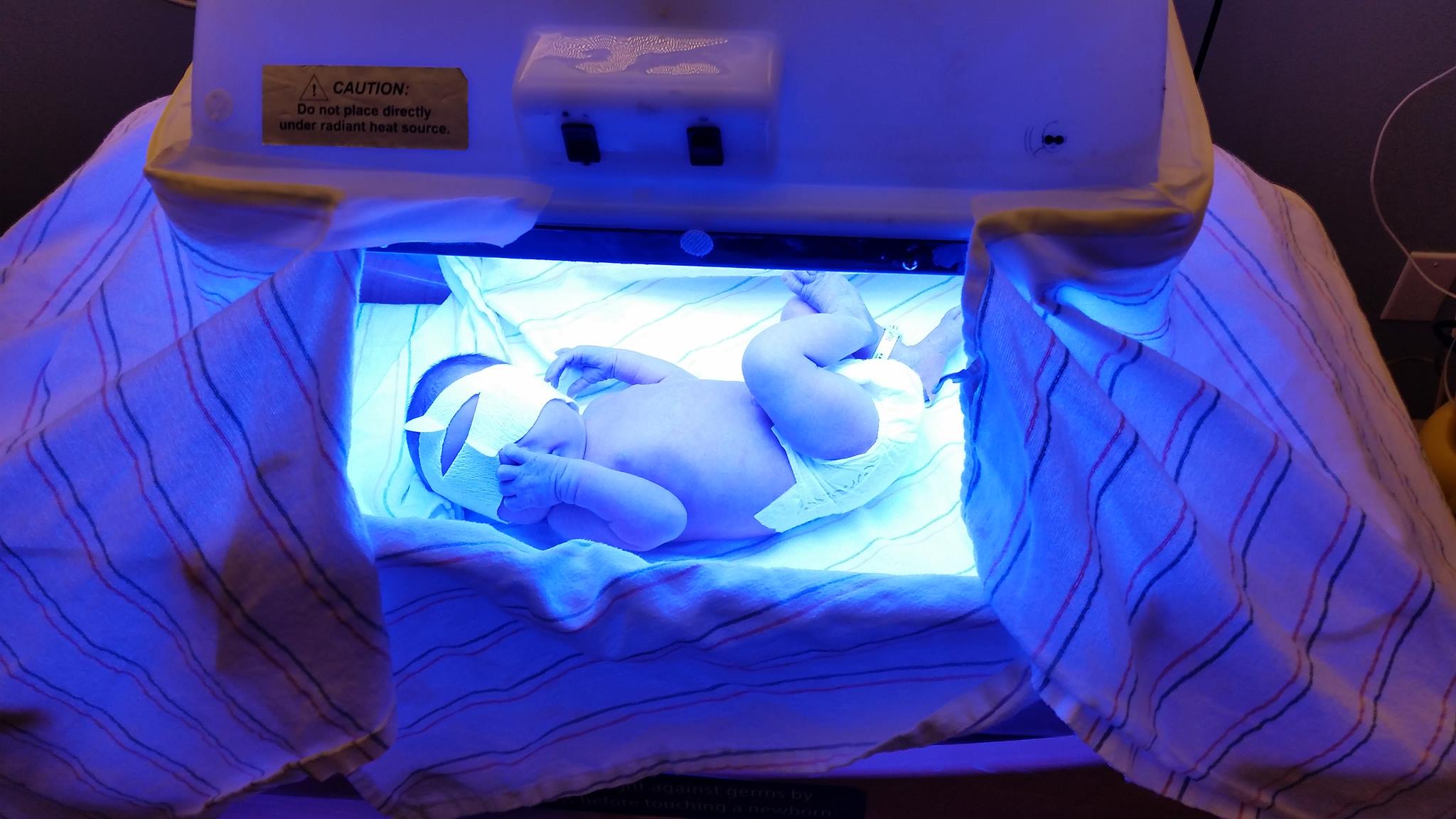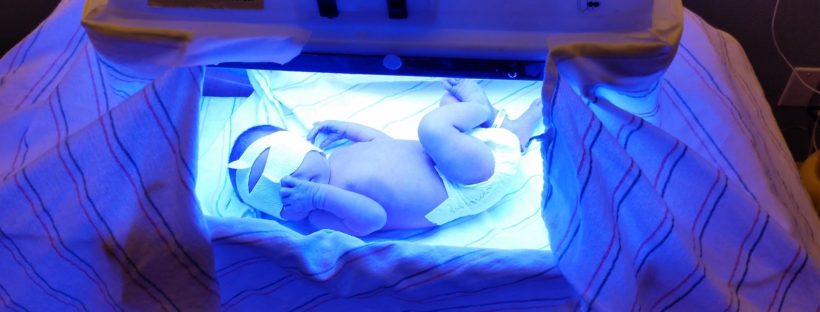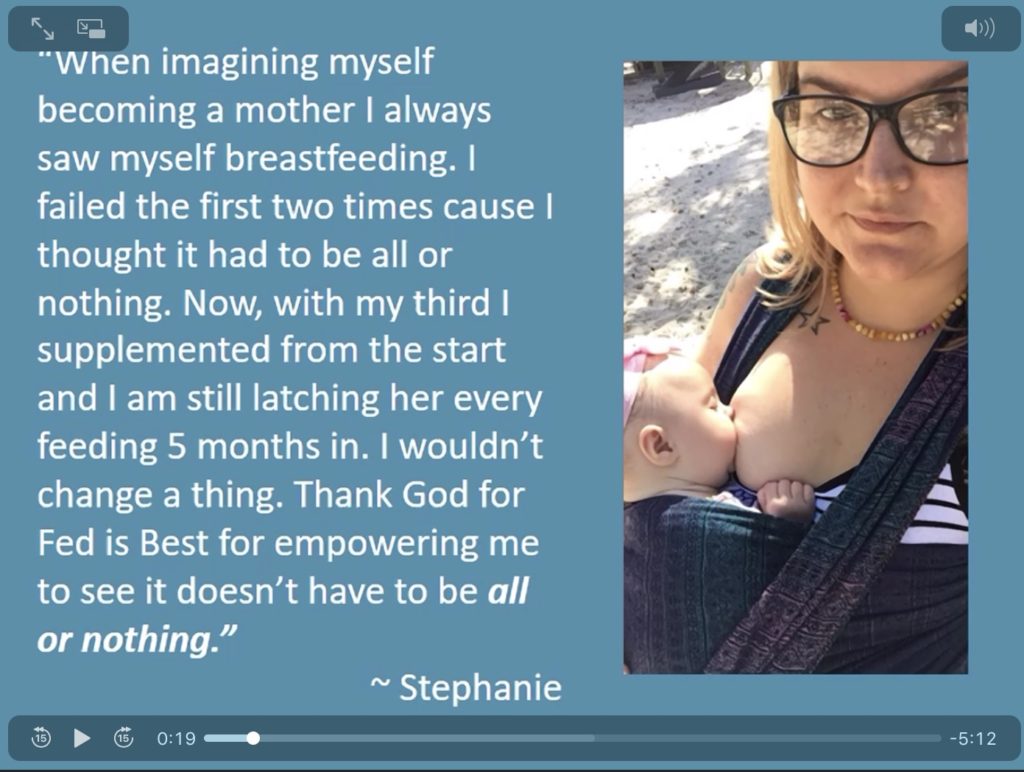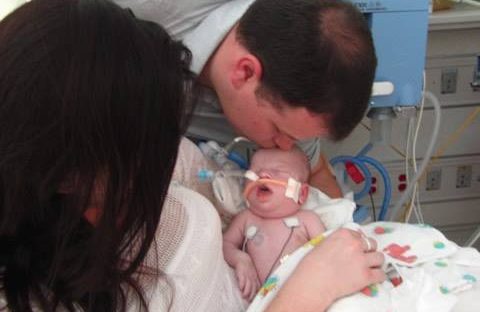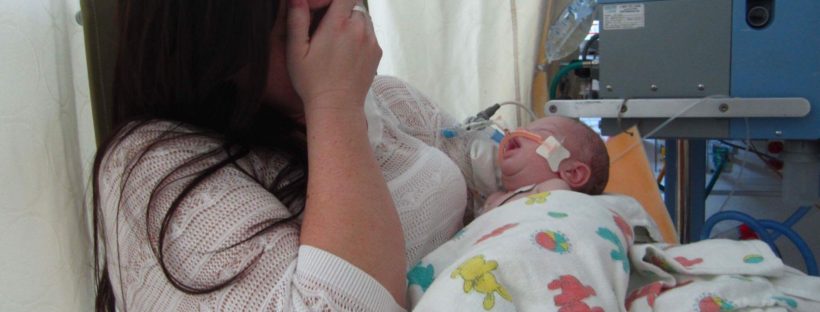By Christie del Castillo-Hegyi, M.D.
This week, the journal Academic Pediatrics, published a study conducted by the Newborn Weight Loss research group led by Drs. Valerie Flaherman and Ian Paul, which consisted of 143,889 healthy, term and near-term newborns born at the Baby-Friendly Northern California Kaiser Permanente hospital system from 2009-2013.[1] They included newborns who were discharged from their birth hospitalization without requirement of intensive care, which includes newborns who developed jaundice before discharge. They looked at the effects of mode of feeding, namely exclusive breastfeeding and exclusive formula feeding during the birth hospitalization on the rates of rehospitalization and number of outpatient follow-up visits. In addition, they looked at the effects of percent weight loss on the same outcomes.
Overall, 6.2% (1 in 16) of the healthy term newborns studied were readmitted; 4% were vaginally delivered and 2.2% were Cesarean delivered. This represents 8921 newborns over the five year period, almost 5 babies per day. They showed that exclusively breastfed newborns had slightly more than double the risk of being rehospitalized, even when adjusted for gestational age, birth weight and maternal race/ethnicity. Exclusively breastfed newborns also had significantly more (32% more) outpatient visits in the first 30 days after birth compared to exclusively formula-fed newborns. The leading cause of readmission was for hyperbilirubinemia or jaundice and need for inpatient phototherapy. The purpose of phototherapy is to reduce blood bilirubin levels in order to prevent or limit brain injury, a complication of insufficient feeding and dehydration commonly found in exclusively breastfed newborns before the onset of copious milk production (lactogenesis II).
